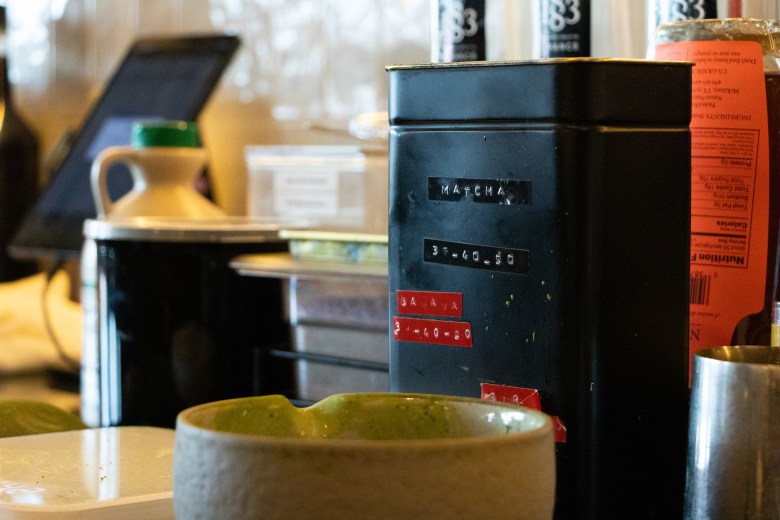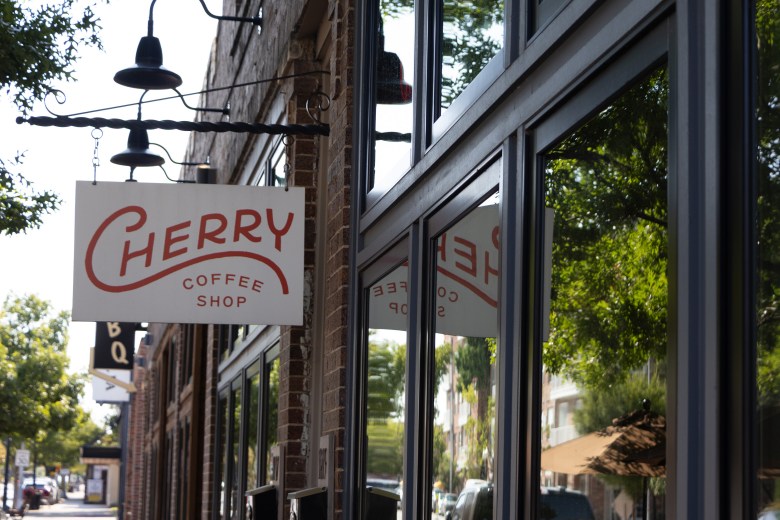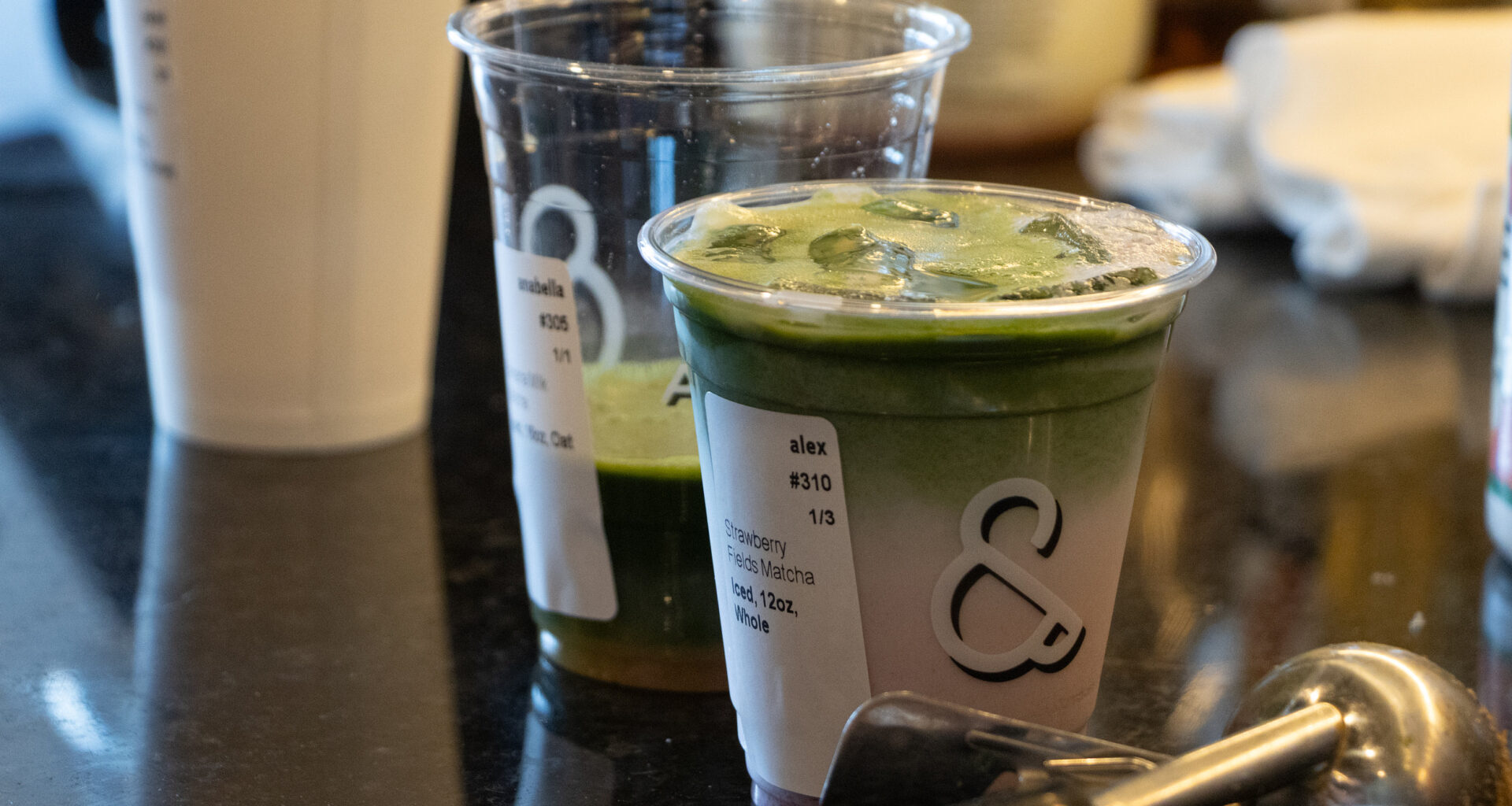Within a year, Ampersand co-owner Toan Luong watched matcha become one of his cafes’ most popular items.
The CEO ordered more of the tea, then more than that, and then more again. Luong now orders three to four times more matcha than the 55-pound shipments he routinely purchased four months ago.
Customer demand for matcha took him by surprise.
“We’ve run out of matcha a few times,” Luong said. “Whenever we do run out, customers are always a little bit sad, but everyone understands.”
Shop owners and employees across the city with knowledge of their shop’s matcha orders say demand for the bright-green tea has surged as matcha producers overseas struggle to keep up. Its popularity has matcha spots buying and stocking more to whisk away worries.
Retail sales for matcha in the United States nearly doubled from three years ago, and global demand is rising with no sign of slowing down, according to multiple market research firms.
But China and Japan’s tea industries, two of the world’s largest matcha producers, face challenges, the Associated Press and The Japan Times reported. Labor shortages in China limit matcha production despite having an abundance of crops. Poor weather reduced Japan’s crop yield this year and a rapidly aging and strained workforce further limits that country’s production.
 An aluminum container used to decoratively store matcha powder sits on a counter at Ampersand near Texas Christian University on Sept. 12, 2025. (John Forbes | Fort Worth Report)
An aluminum container used to decoratively store matcha powder sits on a counter at Ampersand near Texas Christian University on Sept. 12, 2025. (John Forbes | Fort Worth Report)
Depending on the season, matcha alone can earn nearly a quarter of Ampersand’s daily revenue, Luong said.
After Luong learned customers’ preferences, he has kept a healthy matcha stock. The last time it ran out was around two months ago, he said.
The Legal Cafe in downtown Fort Worth also ran out of matcha when its supplier’s stock ran dry about three months ago, cafe manager Athena Boneta said.
Almost two weeks passed before the shop was able to buy a lower grade powder as a stopgap until switching back to its typical ceremonial-grade matcha, the highest grade of the tea and preferred type by global customers.
The powdered tea earned nearly half of The Legal Cafe’s revenue in August, Boneta said.
 A sign for Cherry Coffee hangs along Magnolia Avenue on Sept. 16, 2025. (John Forbes | Fort Worth Report)
A sign for Cherry Coffee hangs along Magnolia Avenue on Sept. 16, 2025. (John Forbes | Fort Worth Report)
Tara Hennessy, inventory and ordering lead at Cherry Coffee on Magnolia Avenue, said she started to keep a surplus of matcha, just in case.
“Since we’re running into shortages, we don’t want to have one bag (leftover before restocking),” Hennessy said.
Hennessy said the cost of buying a shipment of matcha rose nearly $50 per bag near the start of the year.
Tariffs levied against China and Japan raised the price of matcha even more.
Boneta said the cost also increased for The Legal Cafe, and customers saw up to a 50-cent price increase for matcha drinks.
Despite the short supply, the tea’s popularity is good business for local shops.
“Having matcha within our menu has been a great asset, and we hope it continues to grow,” Luong said.
Disclosure: The owner of Cherry Coffee, Katherine Morris, is the wife of Fort Worth Report board member Jonathan Morris.
News decisions are made independently of our board members and financial supporters. Read more about our editorial independence policy here.
John Forbes is a reporting fellow for the Fort Worth Report. Contact him at john.forbes@fortworthreport.org.
Related
Fort Worth Report is certified by the Journalism Trust Initiative for adhering to standards for ethical journalism.
Republish This Story
Republishing is free for noncommercial entities. Commercial entities are prohibited without a licensing agreement. Contact us for details.
